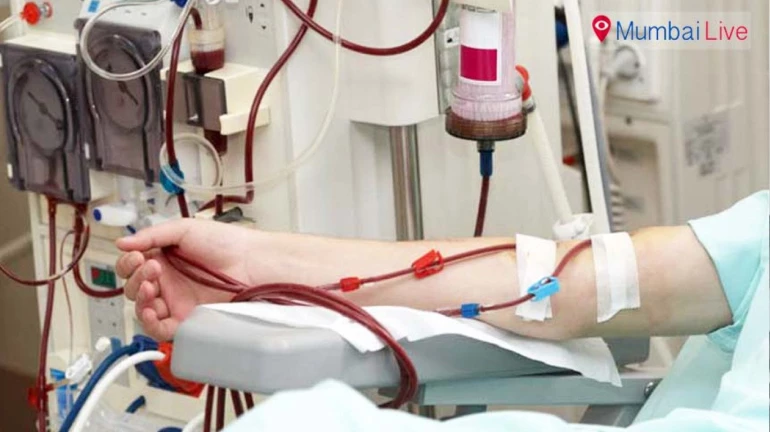
A 32-year-old woman, Anuradha Shinde (name changed), experienced a life-threatening ischemic stroke during a routine health check-up, highlighting the underappreciated risks of dehydration and prolonged fasting.
Shinde, in good general health, had been fasting overnight for approximately 12 hours in preparation for a routine annual health check-up. During this period, she also abstained from drinking water. After her early morning blood tests at a diagnostic center, she entered the washroom to provide a urine sample but did not emerge for over 30 minutes.
Concerned staff eventually found her inside the washroom with signs of acute neurological distress, specifically, weakness on the left side of her body. She was rushed for immediate medical attention. An MRI of the brain revealed that she had suffered an ischemic stroke, affecting the right hemisphere of her brain. She was promptly administered a thrombolytic (clot-busting) injection in an effort to restore blood flow. However, her condition deteriorated rapidly. A follow-up MR angiography showed a complete occlusion of the right internal carotid artery (ICA), the major vessel supplying blood to the brain.
Recognising the urgency of the situation, she was transferred to Wockhardt Hospitals Mira Road where a team led by senior neuro-interventionist Dr. Pavan Pai performed a mechanical thrombectomy—an advanced minimally invasive procedure used to remove the clot directly from the artery.
“This case was a stark reminder that even young individuals without prior health conditions can suffer serious strokes under specific circumstances like dehydration,” said Dr. Pavan Pai, Consultant Interventional Neurologist & Stroke Specialist in Wockhardt Hospitals, Mira Road “When a person is dehydrated, blood becomes more viscous, or thicker, and this can severely impact circulation.
In people who may already have some level of narrowing in their blood vessels, the risk of clot formation and blockage rises dramatically.
Shinde’s quick transfer and the rapid intervention with mechanical thrombectomy were critical to saving her life and preventing permanent disability.”
Following the procedure, Shinde was placed on a comprehensive neurorehabilitation program, which included physiotherapy, occupational therapy, and speech therapy. Over the course of three months, she made a remarkable recovery. Today, she has regained full function and is back to work, living independently and without deficits.
This case underscores the importance of awareness around the potential dangers of extended fasting and dehydration, even in the context of routine medical procedures. While fasting is commonly practiced for blood tests, individuals—especially women and those with known or suspected vascular issues—should be advised to stay well-hydrated unless specifically instructed by a doctor. When you're dehydrated, your blood becomes thicker, making it harder to circulate through the body. If you already have a narrowed or partially blocked blood vessel, dehydration adds stress to your system and significantly raises your risk of stroke.
Dr. Pavan Pai further emphasized the importance of timely diagnosis and intervention: “Stroke is a medical emergency where every second counts. Rapid imaging and treatment can mean the difference between full recovery and lifelong disability. Public awareness and preparedness are essential.”
Key Takeaways:
• Always stay adequately hydrated before routine fasting blood tests unless otherwise instructed.
• Be alert to warning signs of stroke: sudden weakness, difficulty speaking, facial droop, or loss of coordination.
• Seek immediate medical help at the first sign of neurological symptoms—timely action saves lives.
World Stroke Thrombectomy Day was established in 2021 to support Mission Thrombectomy’s campaign to bring awareness to the benefits of stroke treatment intervention, and the need for access to such treatments, specifically in low- and middle-income countries. This day is recognized each year on May 15th, but the work to secure global access happens every day.





